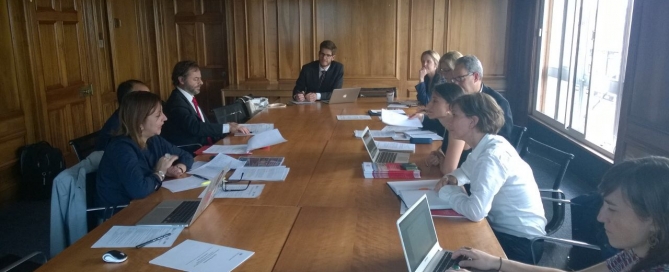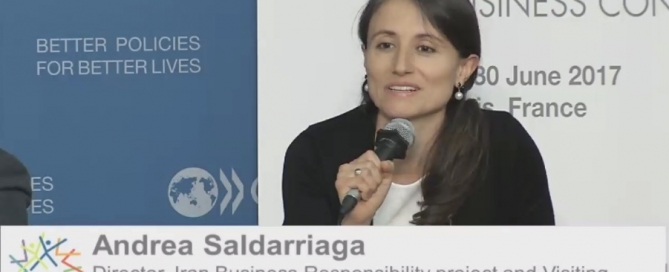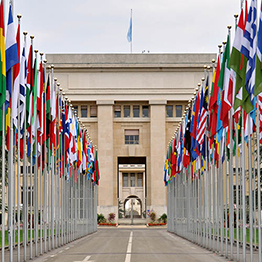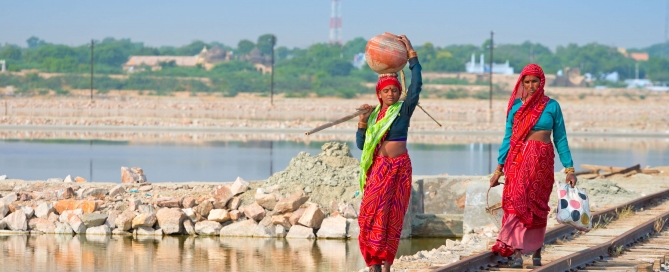Chilean Delegation hosted by LSE Lab to discuss National Action Plan for Business and Human Rights
On 3 July Andrea Saldarriaga, Visiting Fellow at the Laboratory for Advanced Research on the Global Economy (Lab), hosted a delegation of representatives from the Chilean government, including both the Under-Secretary for the Economy and Business and President of the Social Responsibility Council for Sustainable Development and the Chilean Ambassador to the UK. The meeting addressed the Chilean National Action Plan on Business and Human Rights and explored possible avenues for effective implementation, including in the area of foreign investment. Dr. Jan Kleinheisterkamp, Associate Professor of Law at the LSE and Andrea Shemberg, Visiting Fellow at the Lab, attended to provide their expertise. Other experts invited included Lise Johnson from the Columbia Center on Sustainable Investment, Suzanne Spears from Notre Dame Law School and Peter Frankental from Amnesty International UK. The meeting is one important piece of work that Saldarriaga is undertaking to build understanding around State implementation of the UN Guiding Principles on Business and Human Rights.







